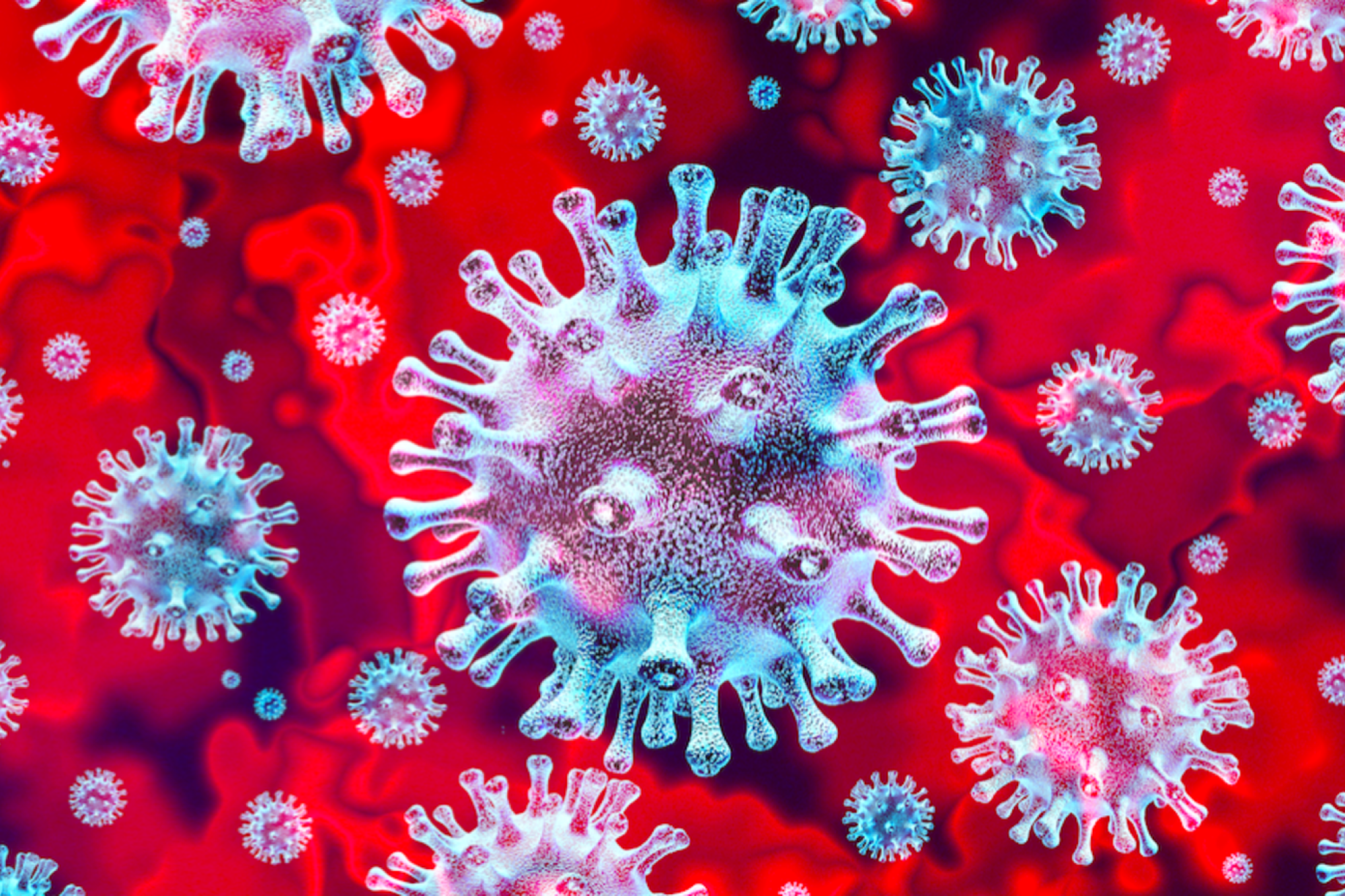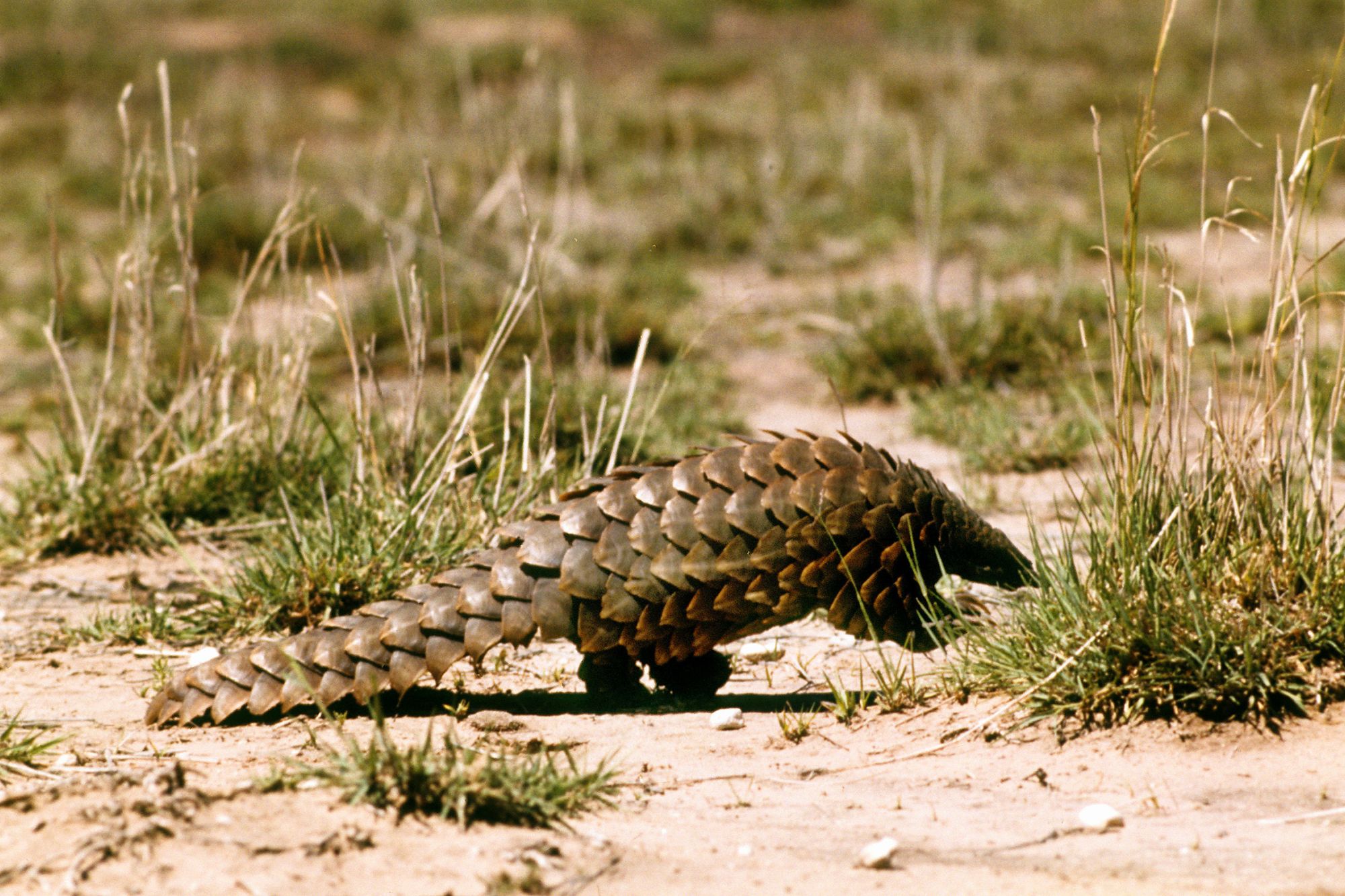
Of Pangolins, Bats and the Illegal Trade of Wildlife
By Alexis Olds and Philippa Huntly, CapeNature Biodiversity Capabilities

The COVID-19 pandemic has got us to think about our relationship to the natural world and specifically the animals with which we share this planet. While there is currently much speculation about the transmission of COVID-19, and the role that wild animals play (particularly pangolins and bats), it is important to understand that scientists have mapped only a fraction of wildlife viruses. Many of these have co-evolved in a vast variety of insects and animals — not just pangolins and bats. COVID-19 is the latest in a series of animal-related outbreaks that include the SARS epidemic and the MERS (Middle East respiratory syndrome) outbreak in 2012. Bamboo rats and civet cats were implicated in the 2003 SARS outbreak and dromedary camels were the source of the MERS 2012 outbreak in Saudi Arabia.
An excellent, balanced article, by Don Pinnock and Tiara Walters in the Daily Maverick of 25 March, details how scientists are racing to pin down the biological origins of COVID-19 and note that as this research continues there is mounting evidence that the pangolin - one of the planet’s most endangered and illegally trafficked mammals - is one of the likely pandemic carriers.
When animal hosts are left in the wild, they pose little risk to human health. Pangolins and bats are both carriers of a coronavirus strain but rarely come into contact with one another and their respective strains of coronavirus aren’t transmittable to humans. When they are removed from their natural environment and placed in close proximity to other animal hosts (as is the case in wildlife trade markets), the risk of human infection increases significantly. One proposed theory of how COVID-19 became transmissible to humans, is that two different strains of the coronavirus found in bats and pangolins were transmitted to a common host where the two strains recombined. This recombination led to the virus becoming transmittable to humans.
While the jury is still out on whether or not Covid-19 is found to have been transmitted through pangolins, research is telling us that it certainly could have been. If current levels of illegal trade continue, pangolins, and other wild animals such as bats, could be a vector for another new disease. Typically illegal trade involves animals becoming massively stressed, starved and dehydrated. Pangolins carry high pathogen loads and have parasites, like ticks. In short it is a no brainer that pangolin - like all our other wildlife - should be let well alone in the wild where they belong.
South Africa is a biodiversity hotspot and while the outbreak of COVID-19 most likely originated in China, South African wildlife regularly finds its way to wildlife trade markets around the world. The unique fauna and flora of the Western Cape attracts biodiversity criminals in the form of both national and international individuals and syndicates. Here in the Western Cape they specifically target our unique succulent plants, dwarf adders, girdled lizards and tortoises, amongst others. Since 2015 CapeNature’s alliance with provincial and national prosecuting authorities has resulted in more than 600 criminal enforcement actions.
Pangolins do not naturally occur in the Western Cape. In 2014, CapeNature seized a live pangolin during a sting operation, targeting illegal wildlife trade through the province. Five suspects were charged and four found guilty in October 2019, of contraventions in terms of the Nature Conservation Ordinance. The pangolin was saved and rehabilitated.

One certainly is that the illegal trade in wildlife is no good for wildlife or humans and CapeNature will continue to uphold the law and to do our part to fight this scourge. Wildlife should not be regarded as a threat to humans due to their ability to host and transmit diseases, but should be respected for their ability to contribute the maintenance of intact ecosystems which are integral to all life on earth, through their marvellous abilities to evolve and co-evolve to maintain balance in nature.




